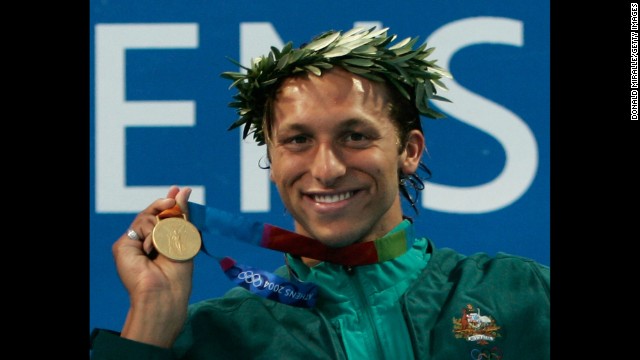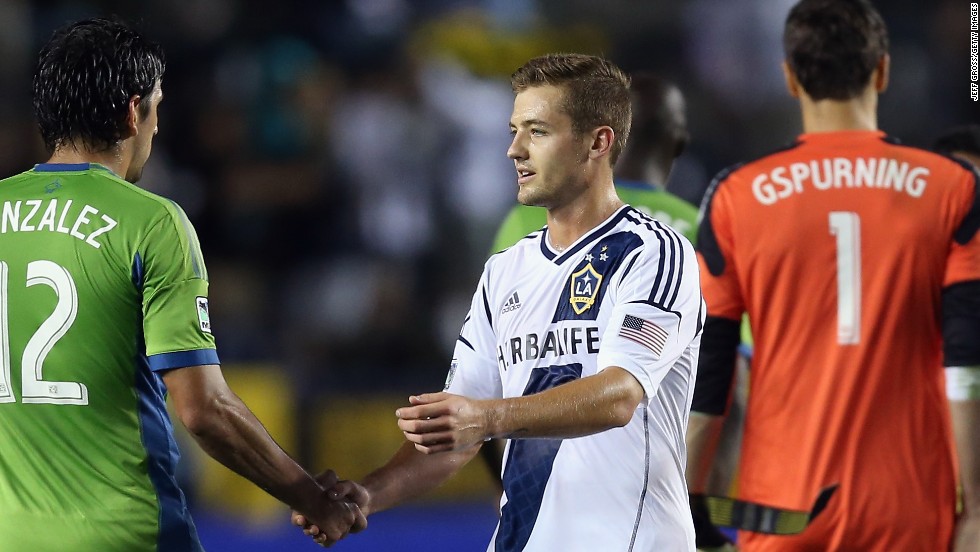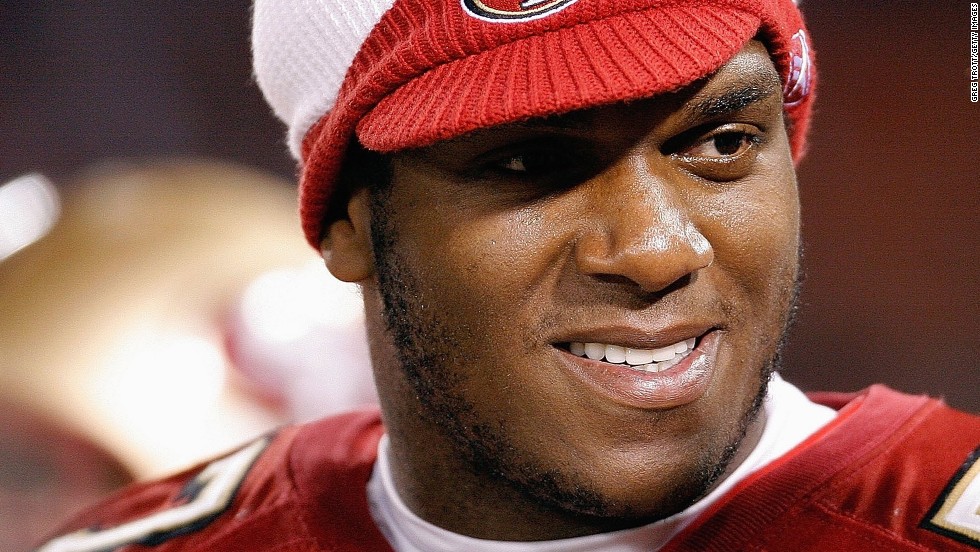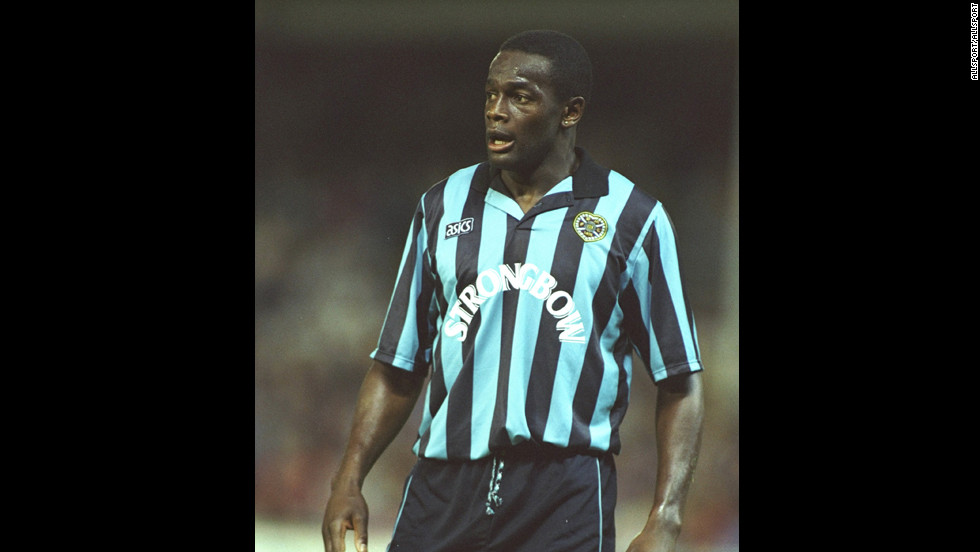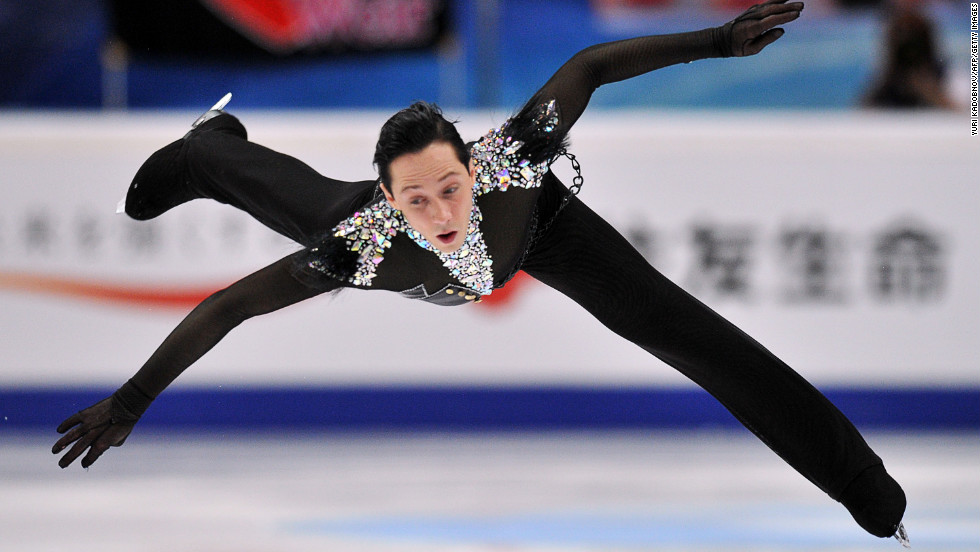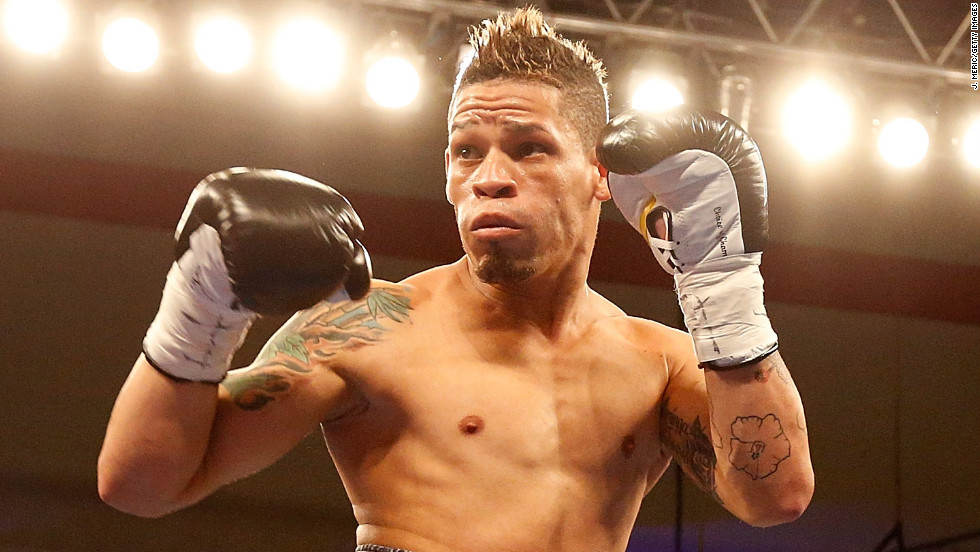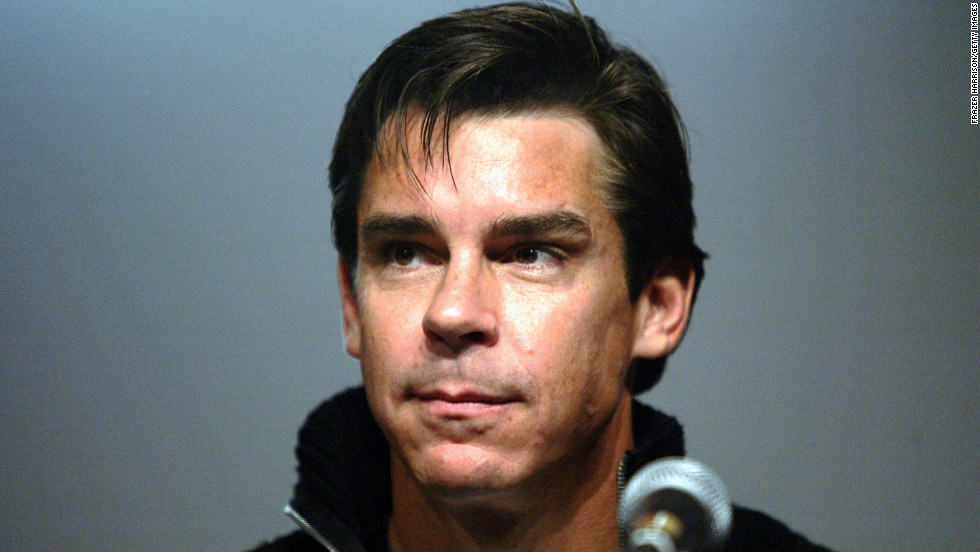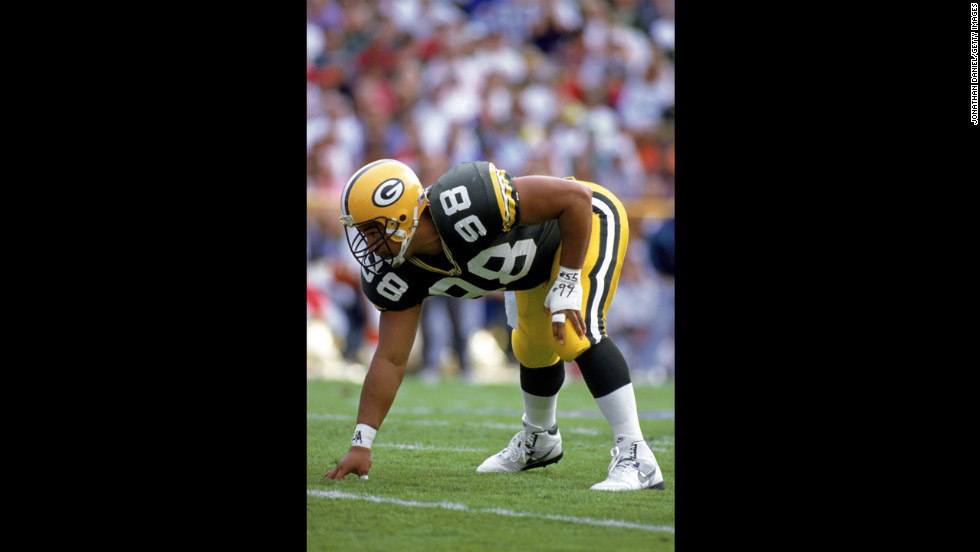Story highlights
- Gay athletes Billie Jean King and Caitlin Cahow in U.S. delegation to Sochi Winter Olympics
- U.S. will not be sending any high-ranking officials, which is seen as a snub to Russia
- King will attend the opening ceremony on February 7
- Cahow will be in the party appearing at the closing ceremony
The United States' delegation to the upcoming Winter Olympics in Russia won't include a member of President Barack Obama's family or an active Cabinet secretary, but it will include openly gay athletes - a clear jab at Russia's recent anti-gay laws.
Billie Jean King, the tennis legend, will join figure skater Brian Boitano at the games' opening ceremonies on February 7, the White House said Tuesday.
Former Homeland Security Secretary Janet Napolitano, White House aide Rob Nabors and the U.S. ambassador to Russia will round out the delegation to the Sochi games.
King was one of the first professional athletes to come out as gay in the 1980s.
Two weeks later, a group led by Deputy Secretary of State William Burns will attend the closing ceremony. Speed skaters Bonnie Blair and Eric Heiden, as well as openly gay hockey player Caitlin Cahow, will also attend.
Cahow, 28, is a two-time Olympian.
"In the selection of this delegation, we are sending the message that the United States is a diverse place," White House Press Secretary Jay Carney said Wednesday, pointing to Napolitano, a former Cabinet secretary, as evidence of the delegation's distinction.
It's the first time in more than a decade the President, vice president, first lady or former president hasn't attended an Olympic opening or closing ceremony. First lady Michelle Obama led the delegation to 2012's Summer Olympics in London, and President George W. Bush made the trek to China for Beijing's games in 2008.
Vice President Joe Biden and his wife led a U.S. group to the last Winter Games, held in Vancouver.
The absence of high-ranking U.S. officials amounts to a snub to Russia, whose relationship with the United States has fractured over the past year. Admitted NSA leaker Edward Snowden, wanted on espionage charges in the United States, was granted temporary asylum in Moscow, and Russian President Vladimir Putin has used Russia's veto on the United Nations Security Council to block action in Syria.
Obama canceled a meeting with Putin that was scheduled for September, though the two met as part of a larger group of world leaders at the Group of 20 conference in St. Petersburg.
Fueling the rift between the nations are new laws in Russia banning gay "propaganda" -- a law critics say is so vague that anyone can be prosecuted for wearing a rainbow T-shirt or holding hands in public with someone of the same sex.
Carney noted on Wednesday the selection of gay athletes wasn't the first time Obama has voiced concern over the Russian policy.
"That's not a message we would wait to send through this manner," Carney said. "We have been very clear -- the President has been very clear that he finds it offensive, the anti-LGBT legislation in Russia."
Obama told Jay Leno in August he had "no patience for countries that try to treat gays or lesbians or transgender persons in ways that intimidate them or are harmful to them," and during his visit to Russia earlier this year, Obama met with the leaders of Russian social activist groups.




